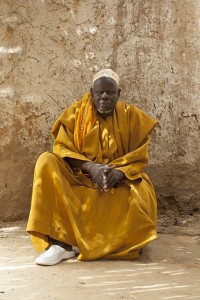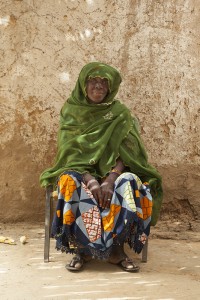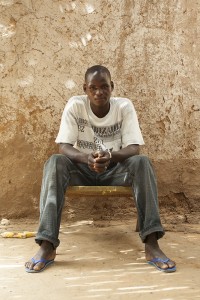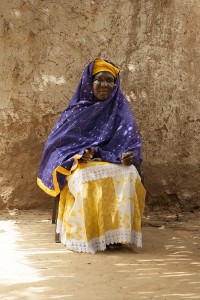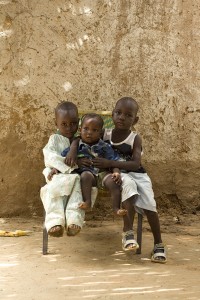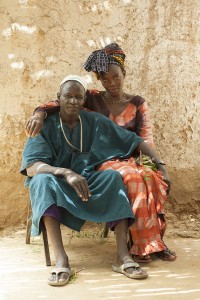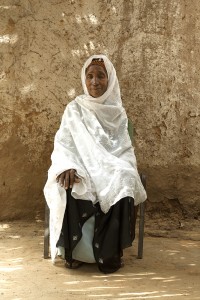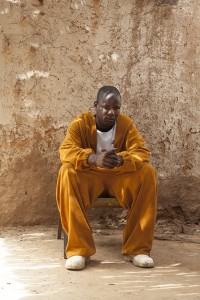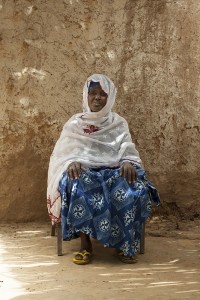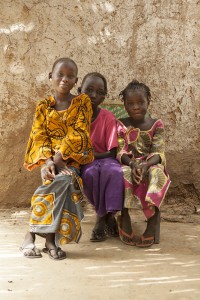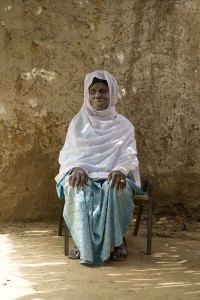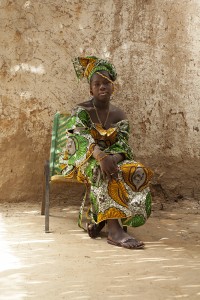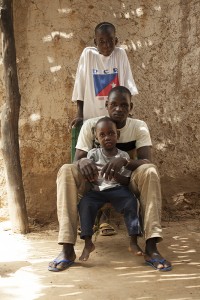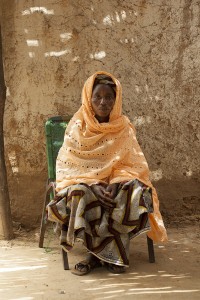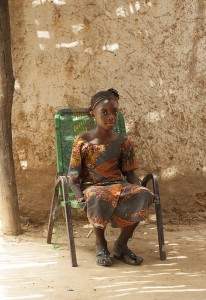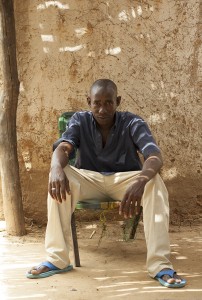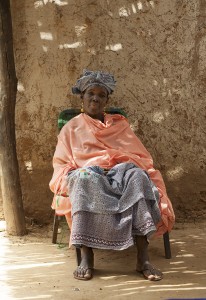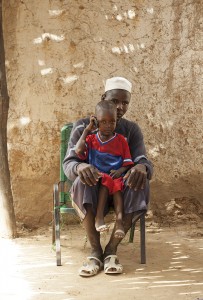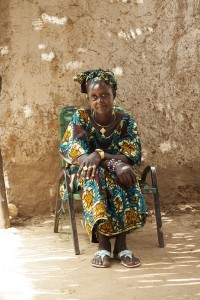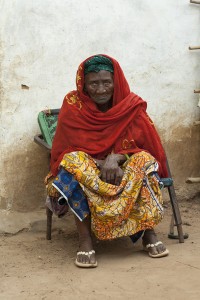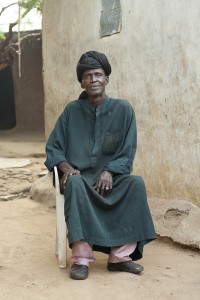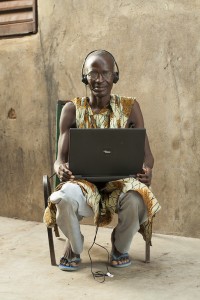Au Mali, la culture de l’émigration est intégrée depuis toujours, particulièrement dans la région de Kayes d’où des milliers de migrants partent afin d’atteindre d'hypothétiques Eldorados.
Djamba, jeune homme d’origine Sarakolé est parti en France pour subvenir aux besoins de sa famille. Notre rencontre à Paris nous a permis de créer des liens particuliers. J’ai entrepris de (re)créer une communication visuelle entre lui et sa famille et d’apporter un témoignage de la survie de Djamba par ce contact personnel. La communication ainsi provoquée trouve sa justification dans le rôle de transmission, utilisant la photographie comme gage de vérité, de réalité. Le déracinement provoqué par le départ du migrant, l’oblige à se (re)construire une identité entre son pays d’origine et le pays qu’il découvre. Il devient l’étranger en quête de «quelque chose» (en langue Soninké, «de l’argent») et il a un rôle à jouer.
In Mali, the culture of emigration has always been integrated, particularly in the region of Kayes from where thousands of migrants leave to reach the hypothetical El Dorado. Djamba, a young man of Sarakolé origin, left for France to support his family. Our meeting in Paris allowed us to create a special bond. I undertook to (re)create a visual communication between his family and him and to bring a testimony of Djamba’s survival through this personal contact. The uprooting caused by the departure of the migrant, forces him to (re)build an identity between his country of origin and the country he discovers. He becomes a foreigner in search of «something» (in Soninke, «money») where he has a role to play.

